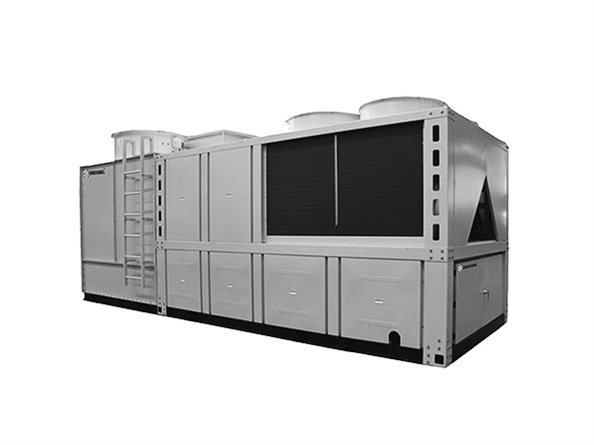Unveiling the Secrets of Industrial Air Conditioners: Advanced Cooling Technology
Industrial air conditioners are at the forefront of cooling technology, providing solutions that are essential for the smooth functioning of various industrial sectors.
The heart of an industrial air conditioner lies in its complex refrigeration cycle. Using advanced compressors and refrigerants, these systems are able to extract large amounts of heat from the air and expel it outside. This process is finely tuned to deliver consistent and reliable cooling, even in the most demanding circumstances.

The design of industrial air conditioners takes into account factors such as air distribution and airflow. Specialized ductwork and vents ensure that the cooled air is evenly distributed throughout the space, eliminating hotspots and ensuring uniform temperature throughout.
Intelligent control systems are another key feature. These systems allow for precise programming and monitoring of temperature, humidity, and other parameters. They can be integrated with building management systems for centralized control and optimization.
In addition, industrial air conditioners are often designed to be scalable and modular. This means that they can be easily expanded or modified to meet the changing needs of an industrial facility as it grows or undergoes renovations.
Let's consider a textile factory where the humidity and temperature need to be precisely controlled to prevent damage to the fabric. An industrial air conditioner with advanced control capabilities ensures that the production process remains unaffected by environmental variations.
In conclusion, the advanced technology incorporated in industrial air conditioners makes them indispensable for industries that rely on a controlled and comfortable environment for their operations.
 Environmental yearning for sew
Environmental yearning for sew
 Improvement of sewage treatmen
Improvement of sewage treatmen
 Environmental protection refor
Environmental protection refor
 Environmental protection techn
Environmental protection techn


